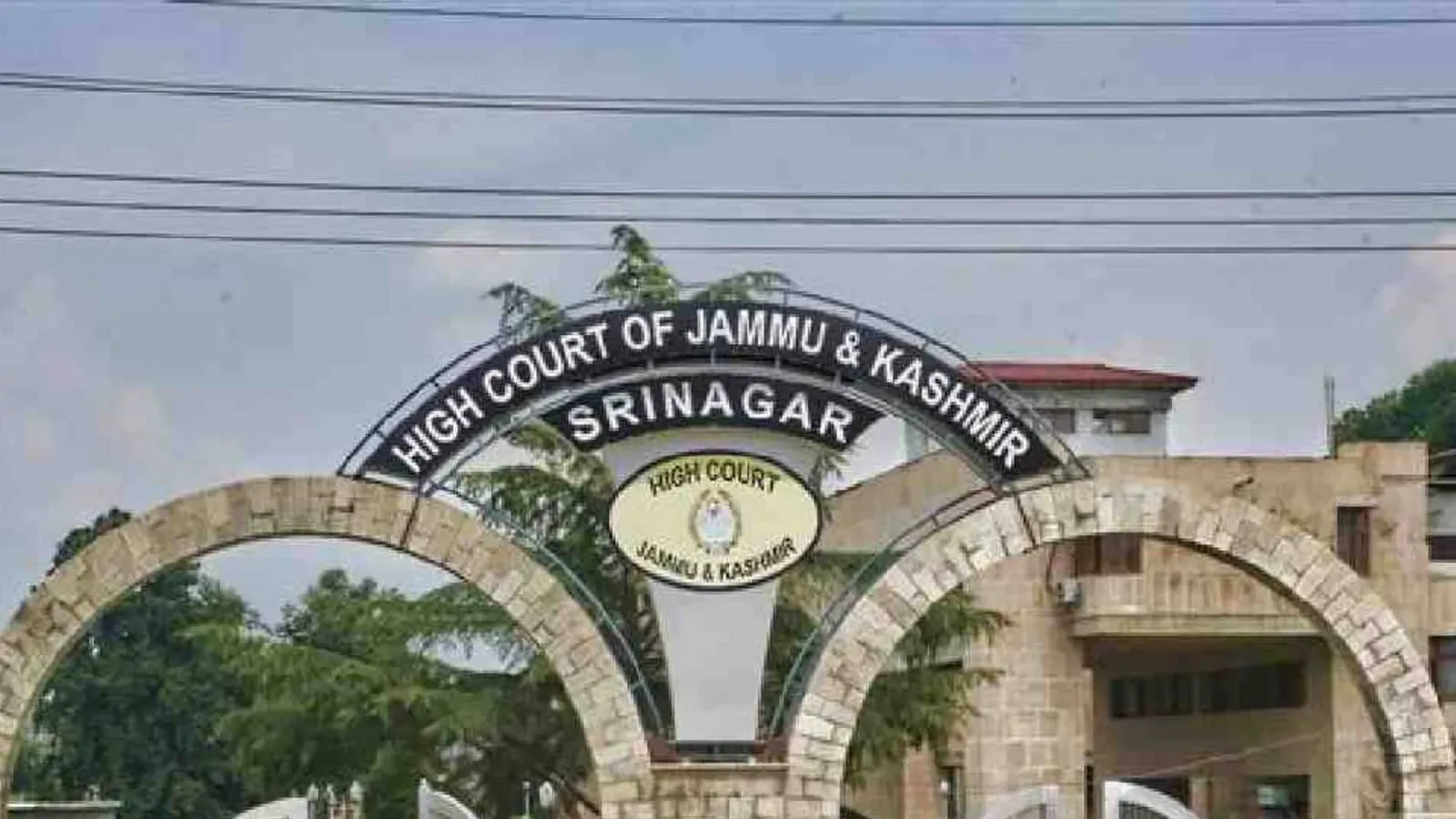Introduction
The Jammu and Kashmir High Court recently delivered a significant ruling concerning the scope of judicial interference under Article 227 of the Constitution of India. This article vests High Courts with the power of superintendence over all courts and tribunals within its jurisdiction. The court's decision clarifies that this power is not to be used arbitrarily or mechanically. It should be reserved for cases where there is a complete absence of evidence, perverse findings, or grave legal violations. This judgment reinforces the principle that judicial intervention should be measured and justified, preventing unnecessary interference in the judicial process.
Background of Article 227
Article 227 of the Indian Constitution grants High Courts the authority to oversee and superintend the functioning of subordinate courts and tribunals. This supervisory power is intended to ensure the administration of justice is carried out efficiently and within the framework of the law. However, this power is not absolute and must be exercised with caution. The intent is not to micromanage the proceedings of lower courts but to act as a safeguard against significant errors that could lead to a miscarriage of justice. The Jammu and Kashmir High Court’s ruling reiterates that this supervisory jurisdiction should only be invoked under exceptional circumstances, particularly where there is a clear miscarriage of justice due to a lack of evidence or legal misinterpretation.
Case Details and Issues
The case before the Jammu and Kashmir High Court involved a petition filed under Article 227, challenging the findings of a lower court. The petitioner argued that the lower court’s decision was based on erroneous findings and misinterpretation of the law, warranting interference by the High Court. The primary issue before the High Court was to determine the extent of its supervisory powers under Article 227 and to outline the circumstances under which such powers should be exercised. The petitioner contended that the lower court’s decision was perverse and had resulted in a miscarriage of justice, thus justifying the invocation of Article 227.
Court’s Rationale and Judgment
In its judgment, the Jammu and Kashmir High Court emphasized that the supervisory jurisdiction under Article 227 is not meant to act as an appellate authority. The court highlighted that it should not interfere merely because it disagrees with the findings of the lower court. Judicial interference is warranted only when there is a complete absence of evidence, or the findings of the lower court are perverse and unreasonable. The court stressed that “perversity” means findings that are so unreasonable that no reasonable person could arrive at the same conclusion based on the available evidence. Furthermore, the High Court stated that any interference must be grounded in substantial legal errors that impact the justice delivery process.
Conditions for Invoking Article 227
The High Court laid down specific conditions under which Article 227 could be invoked. Firstly, there must be a demonstrable lack of evidence supporting the findings of the lower court. Secondly, the findings should be perverse, meaning they are not based on logical reasoning or are against the weight of evidence. Lastly, there must be grave legal violations that could result in a miscarriage of justice. The court made it clear that even if there is a legal error, interference under Article 227 is not justified unless the error is substantial and affects the overall justice of the case. The ruling underscores that Article 227 is a supervisory, not an appellate jurisdiction.
Impact on Judicial Discipline
The judgment is crucial in maintaining judicial discipline and ensuring that the lower courts function independently without unwarranted interference from higher courts. It reinforces the principle that the High Courts should not act as regular appellate bodies over subordinate courts. By limiting the scope of interference under Article 227, the ruling seeks to prevent a flood of petitions in the High Courts challenging the orders of lower courts, which could lead to judicial backlog and inefficiency. The judgment promotes a system where lower courts are trusted to make decisions, with the understanding that High Courts will only intervene in cases of gross injustice.
Balancing Judicial Oversight and Independence
The High Court’s ruling reflects a balanced approach to judicial oversight. While it acknowledges the importance of supervision to prevent judicial errors, it equally respects the independence of the lower judiciary. This balance is crucial for maintaining the integrity of the judicial system. The ruling sends a clear message that judicial oversight is necessary, but it must be exercised sparingly and only in the most compelling circumstances. This approach ensures that the justice system remains robust and capable of correcting its errors without stifling the autonomy of the lower courts.
Conclusion
The Jammu and Kashmir High Court’s decision on the application of Article 227 reinforces the principle that judicial powers must be exercised with restraint and caution. The ruling delineates the boundaries of supervisory jurisdiction, ensuring that it is used only in cases of substantial injustice. By clarifying the conditions under which interference is justified, the court has contributed to a more disciplined and effective judicial process. This decision serves as a reminder that while the High Courts have a role in overseeing the justice delivery process, this role is limited to cases of clear legal or evidentiary errors that could undermine the fairness of the judicial system.










0 Comments
Thank you for your response. It will help us to improve in the future.